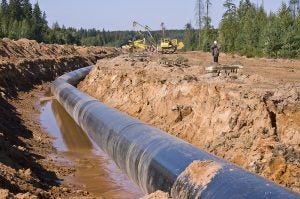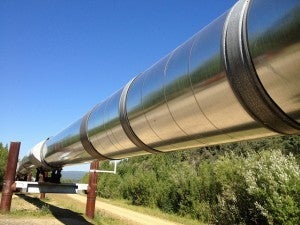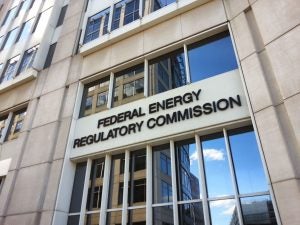 After the D.C. Circuit court vacated Spire STL’s unlawful certificate to operate a 66-mile natural gas pipeline running between Illinois and Missouri in June, Spire last week asked the U.S. Supreme Court to stay the vacatur decision and hand the company back its permission slip.
After the D.C. Circuit court vacated Spire STL’s unlawful certificate to operate a 66-mile natural gas pipeline running between Illinois and Missouri in June, Spire last week asked the U.S. Supreme Court to stay the vacatur decision and hand the company back its permission slip.
Not only should the Supreme Court not grant the stay, it shouldn’t even take up the case.
The Spire mess started at the Federal Energy Regulatory Commission, the federal agency designated and empowered by Congress to handle pipeline approvals. And that’s where it should stay.
FERC needs to proceed based on the law as properly administered by the commission and to address the complex facts that warrant the fact-finding review of an expert agency. While FERC’s initial orders authorizing the pipeline were deficient, it has the capability and tools to conduct a fulsome analysis and now has an opportunity to course correct.













